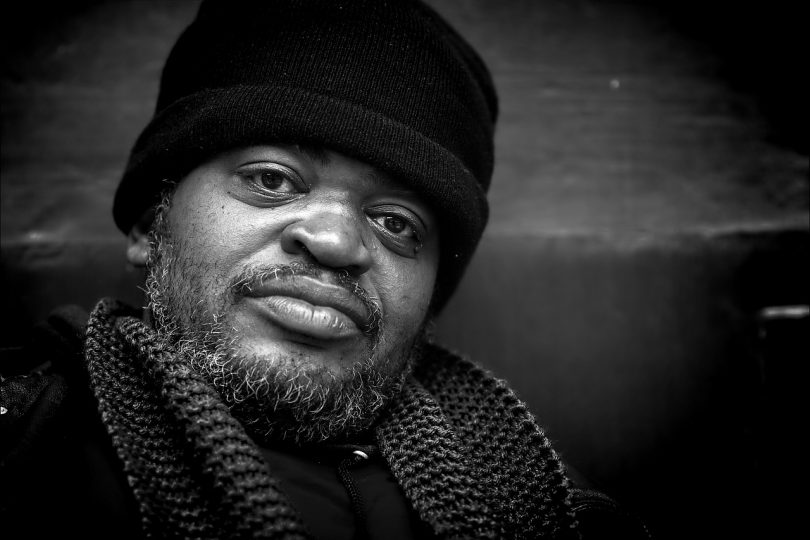Jesus expects Christians to forgive, and if anyone has the right to make that request, He can. Jesus died so our sins could be forgiven and even pleaded for his killers to be forgiven on the cross. However, as human beings, forgiveness can be quite difficult. Remembering these things can help you through the process.
Forgiveness Doesn’t Mean Forgetting
Many people, including Christians, believe if they can’t forget an offense, they didn’t really forgive the person who wronged them. They cite God’s promises to forget our sins and wonder why people can’t do the same. Our memories don’t work like God’s, and so we remember offenses. When you do remember an offense, remind yourself that you’ve forgiven the person. Ask God for compassion, and move on.
Forgiveness Isn’t an Excuse
Many people won’t forgive because they think forgiving means excusing the person’s behavior. It doesn’t; most of the time, there will be consequences for that person. Yet even if you think the offender got away with what he or she said or did, forgive him or her anyway. Forgiveness is an act of will, not an emotion. If you’re anxious to see justice done, or feeling vengeful, ask God to deal with that person while changing your heart.
Forgiveness Doesn’t Equal Trust
Sometimes people hurt us so badly and deeply that resuming the relationship would be foolish. In these cases, you don’t have to be in your offender’s life to prove you’ve forgiven him or her. Set clear boundaries; if you need help, find a clergy member or counselor.










Leave a Comment
You must be logged in to post a comment.